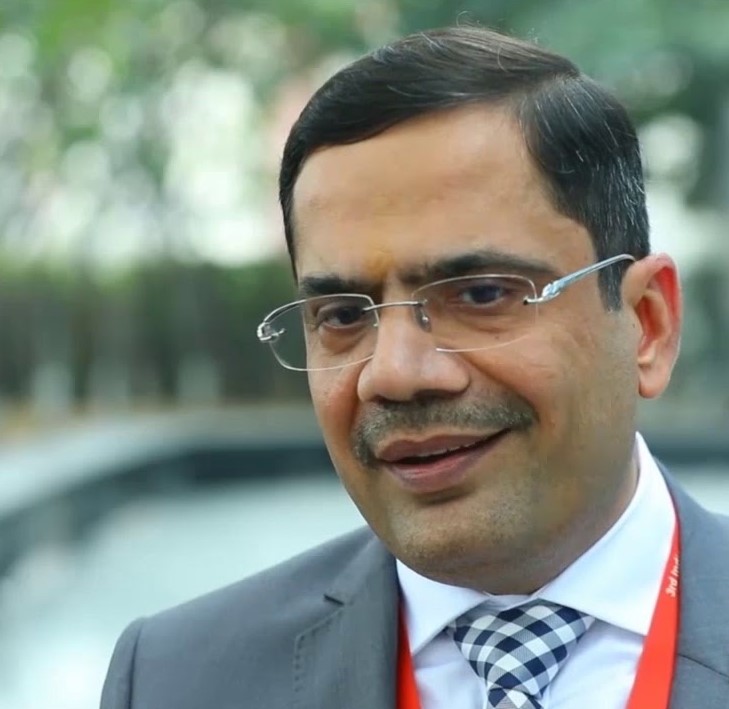OdishaPlus Bureau

In the backdrop of the ensuing mines action, mineral-based industries looking for concrete steps by Odisha Government is not only opportune but also logical. As per the MMDR Amendment in 2015, the leases of 21 operating iron ore mines with a capacity of 80 mtpa which have completed lease period of 50 years or more will lapse on March 31 next year and will be put to fresh auction. But there are a couple of troubles which need to be sorted out. The big problem being successful bidders have to apply for fresh forest clearance.
As per the tender document, the timeline prescribed for obtaining clearances is 2.6 years from LOI and 2 years to resume production which would result in huge demand-supply imbalance. It is implicit that the obstacle in various governmental clearances causes inordinate delay and as a result of which production of minerals usually come to a halt. It is therefore reasonable that existing statutory clearances should be transferred to the new bidders straightway.
This will obviate the scarcity of raw materials and disruption of production after March 2020 when leases will lapse. It becomes the responsibility of the state Government should seriously pursue the matter with the Centre to ensure the transfer of these statutory clearances to the successful bidder in the auction so that production continues uninterrupted.

Both the state and central government should ensure a smooth transition of forest clearance (FC) and environmental clearance (EC) post-mineral block auction process. Transfer of existing statutory clearances to the successful bidder is possible as per an order of the Supreme Court in July 2015 which was followed in Karnataka. The same principle may be adopted in the case of Odisha’s mines.
The other major problem is the needed infrastructure from the pithead to the industries. The Odisha Government needs to take immediate steps to ensure early completion of rail and road projects and strengthen logistics which can cut transportation costs by up to 40 percent. According to the ICC council, transportation of minerals in Odisha is very high – ranging from 25 to 30 percent. Amusingly, the import of iron ore is cheaper than the domestic cost.

Manish Kharbanda, Convenor of Steel and Mines Committee of the Indian Chambers of Commerce Odisha(ICC) state Council has a point when he says that even though the state government has promised to complete the mining auction process on time to ensure an uninterrupted supply of iron ore and other minerals. Other problems in case of fresh bidding are the valuation of stocks, continuity of employment of people engaged and so on. Unless these are sorted out, the smooth transition of the lease will not be easy.
The additional worries mineral-based industries face are balancing between the demand and supply of iron more, keeping non-serious players out of the process, waterways transportation to save costs, slurry pipelines beneficiation, use various digital ideas like drone and telemetry tech to increase efficiency in operation. All this can undoubtedly make the industries competitive and the mining process stress-free.



























